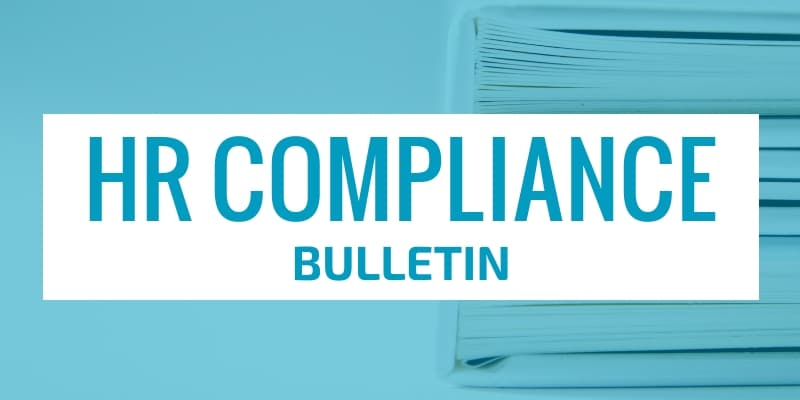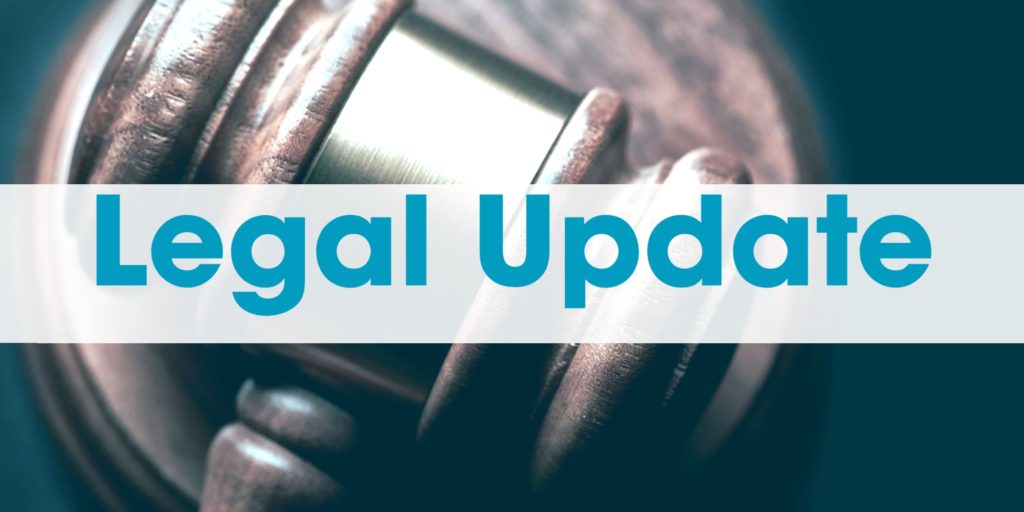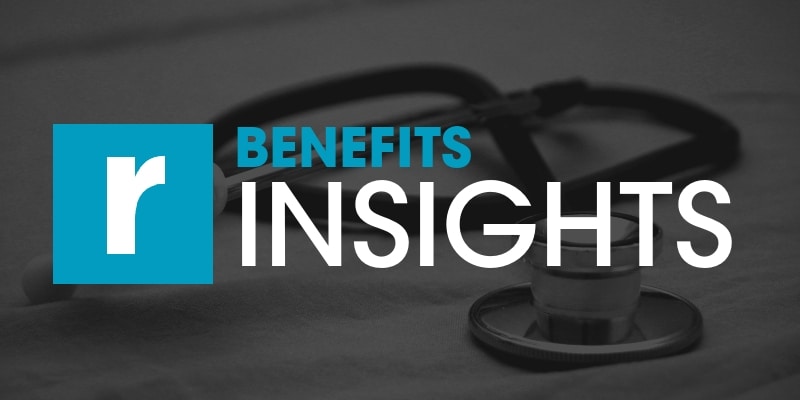18 Sep California Extends Workers’ Comp Presumption for COVID-19
 On Sept. 1, 2020, California amended its workers’ compensation (WC) law, under Senate Bill 1159 (SB1159), to provide a presumption that COVID-19 is a compensable, work-related condition under certain circumstances. The bill is expected to be signed into law but will otherwise go into effect on Sept. 30, 2020.
On Sept. 1, 2020, California amended its workers’ compensation (WC) law, under Senate Bill 1159 (SB1159), to provide a presumption that COVID-19 is a compensable, work-related condition under certain circumstances. The bill is expected to be signed into law but will otherwise go into effect on Sept. 30, 2020.
In general, the changes mean that it would be an employer’s burden to prove that an employee did not contract COVID-19 on the job, rather than the employee’s burden of proving that he or she did contract it on the job.
18 Sep COVID-19 Vaccine Considerations for Employers
 Since the onset of the COVID-19 pandemic, companies across the globe have been working to develop a COVID-19 vaccine. As the pandemic continues on and vaccine clinical trials progress, there may be a possibility of a COVID-19 vaccine being approved for use in the foreseeable future.
Since the onset of the COVID-19 pandemic, companies across the globe have been working to develop a COVID-19 vaccine. As the pandemic continues on and vaccine clinical trials progress, there may be a possibility of a COVID-19 vaccine being approved for use in the foreseeable future.
The prospect of a vaccine is exciting to most, but also presents challenges for employers. Employers may be considering whether vaccination will be encouraged or mandated.
Employers must navigate the inherent legal risks and logistics of mandating or encouraging employees to receive the COVID-19 vaccine. To do so, employers should seek legal counsel to discuss which course of action is best for their organization. This article provides a general informational overview of considerations for employers.
18 Sep California Mandates COVID-19 Paid Sick Leave for Workers
 California has enacted a new law that requires supplemental paid sick leave statewide for workers for COVID-19-related purposes, effective Sept. 19, 2020.
California has enacted a new law that requires supplemental paid sick leave statewide for workers for COVID-19-related purposes, effective Sept. 19, 2020.
Under the law, employers must provide leave to individuals who were exempted from emergency paid sick leave under the federal Families First Coronavirus Response Act (FFCRA).
09 Sep EEOC Updates Employer Guidance on Coronavirus and the ADA
 On Sept. 8, 2020, the Equal Employment Opportunity Commission (EEOC) issued additional answers to frequently asked questions (FAQs) about how employers should comply with the Americans with Disabilities Act (ADA) while also observing all applicable emergency workplace safety guidelines during the coronavirus pandemic. The new FAQs, which address various issues related to employees returning to work during the pandemic, were added to guidance that the EEOC first issued on March 18, 2020, and then updated in April, May and June of 2020.
The FAQs draw from the EEOC’s existing pandemic publication, Pandemic Preparedness in the Workplace and the ADA, to help employers navigate workplace issues related to the coronavirus (COVID-19). In particular, the EEOC’s FAQs include information from a section of the publication that answers employer questions about what to do after a pandemic has been declared. This HR Compliance Bulletin contains the EEOC’s updated FAQs.
On Sept. 8, 2020, the Equal Employment Opportunity Commission (EEOC) issued additional answers to frequently asked questions (FAQs) about how employers should comply with the Americans with Disabilities Act (ADA) while also observing all applicable emergency workplace safety guidelines during the coronavirus pandemic. The new FAQs, which address various issues related to employees returning to work during the pandemic, were added to guidance that the EEOC first issued on March 18, 2020, and then updated in April, May and June of 2020.
The FAQs draw from the EEOC’s existing pandemic publication, Pandemic Preparedness in the Workplace and the ADA, to help employers navigate workplace issues related to the coronavirus (COVID-19). In particular, the EEOC’s FAQs include information from a section of the publication that answers employer questions about what to do after a pandemic has been declared. This HR Compliance Bulletin contains the EEOC’s updated FAQs.


 Fear, worry, and stress are normal responses to perceived or real threats, or when faced with uncertainty. Understandably so, it is normal that people are experiencing worry or stress during the coronavirus pandemic.
Fear, worry, and stress are normal responses to perceived or real threats, or when faced with uncertainty. Understandably so, it is normal that people are experiencing worry or stress during the coronavirus pandemic.